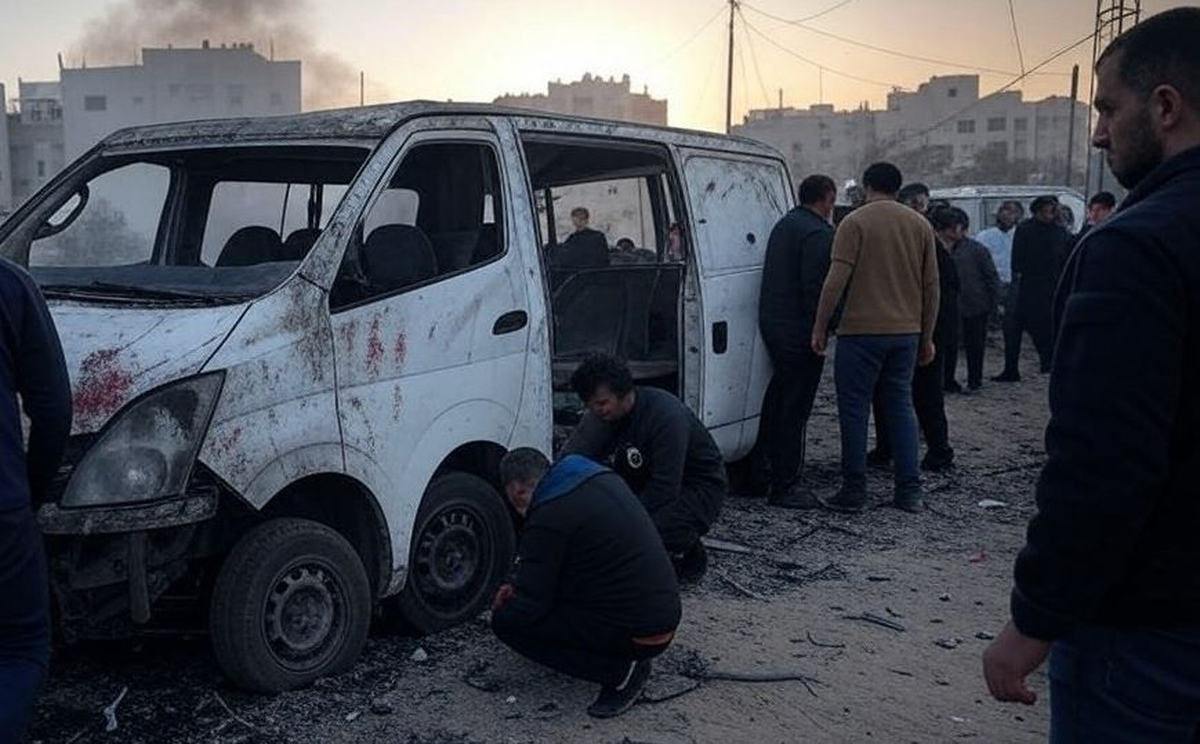Gaza Reels Amidst Tragedy: Israeli Airstrike Kills Journalists, Infants Perish in Cold
The Israeli military maintains that the strike was aimed at members of the Palestinian Islamic Jihad (PIJ), alleging armed militants were using the van. However, Al-Quds Today and other sources assert the vehicle was clearly marked with "press" signage, underscoring the immense challenges journalists face in distinguishing themselves from combatants in such volatile environments.
Adding to the grim news, the harsh winter conditions in Gaza have claimed the lives of the most vulnerable. Reports confirm that at least three Palestinian babies have succumbed to hypothermia in a refugee camp. The blockade has severely restricted access to essential supplies like fuel for heating, warm clothing, and adequate shelter, leaving these infants defenseless against the bitter cold. This dire situation is further exacerbated by the ongoing conflict, which has displaced hundreds of thousands, leaving them exposed to the elements.
The deaths of these infants highlight the broader humanitarian crisis engulfing Gaza. The combination of military action and the blockade has resulted in severe shortages and increased vulnerability to health risks, with hypothermia being a chilling example. International aid organizations and human rights groups urgently appeal for immediate humanitarian assistance and a cessation of hostilities to address these catastrophic conditions.
This recent airstrike on journalists and the tragic loss of infant lives paint a grim picture of the interconnectedness of conflict, journalism, and humanitarian crises in Gaza. The international community is closely monitoring the situation, demanding investigations into the targeting of journalists and urgent measures to protect civilians, especially children, from the indirect yet fatal consequences of war.
The attack on journalists has sparked outrage amongst media watchdogs and rights groups, demanding more excellent protection for journalists under international law. A thorough investigation is crucial to determine whether the attack was a case of mistaken identity or a deliberate act. Meanwhile, the deaths from hypothermia serve as a stark reminder of the conflict's devastating human cost, extending beyond immediate violence to include the equally lethal effects of deprivation and exposure.
Moving forward, the focus must remain on accountability, ensuring the safety of non-combatants and media personnel, and the urgent delivery of humanitarian aid to prevent further loss of life.
